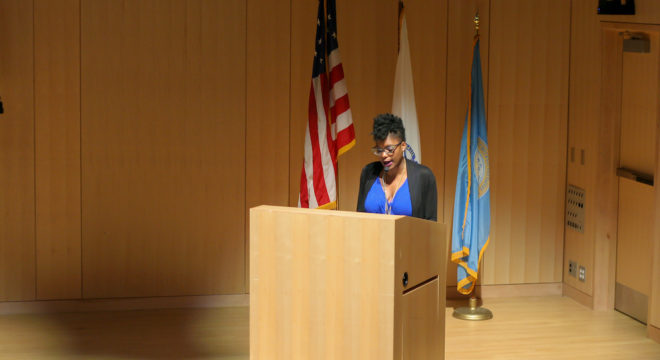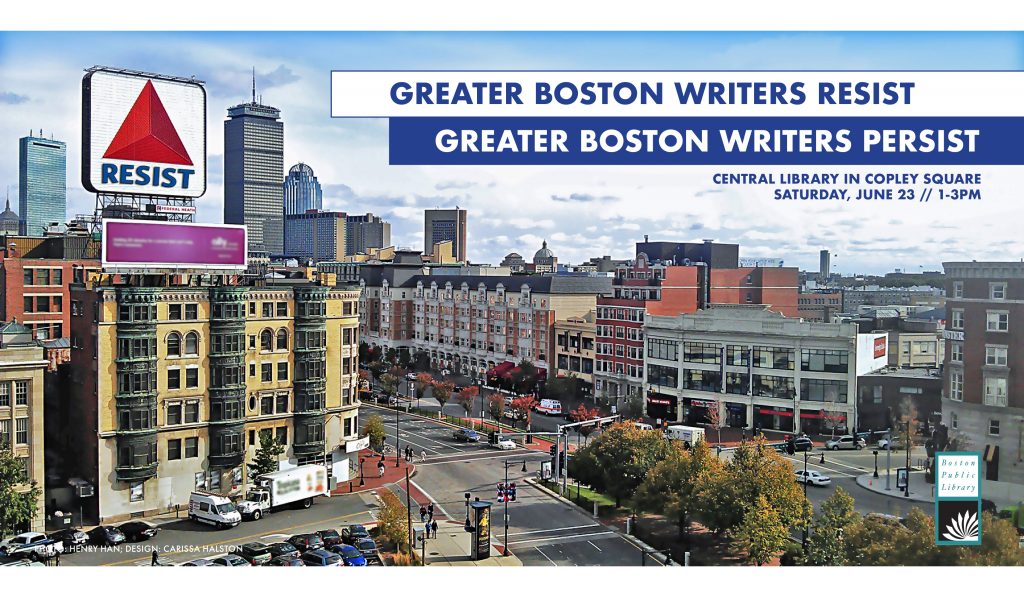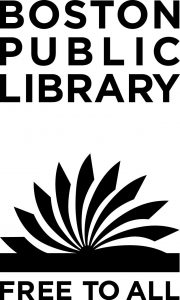When I started organizing last week’s Boston Writers Resist event, I knew I wanted Writers Persist to be part of the title. For the writers who’ve always voiced dissent, and written about politicized issues: the subjects of their work are the topics that affect all of us. Racism affects everyone. Gun violence and police brutality affects everyone. The fight for equal rights and protections for queer and trans communities, especially in communities of color, affects everyone. Climate change affects everyone, and you better believe denying science does too. Sexual assault affects everyone. Mass incarceration affects everyone. War affects everyone.
We could quibble to what degree everyone is affected. But the more important question is: in what ways are we comfortable enough to simply dismiss society’s problems because we don’t believe we’re affected? And what will it take to to look inward and question that comfort, and write honestly about the ways white supremacy, heteronormativity, wealth disparity, and hatred permeates our communities, even the communities as liberal as we believe we have here in Boston?
I urged the audience on Saturday to listen closely to the work and the words of these authors, but also to look to themselves. Don’t shy away from the topics that you think are off limits. Write the parts of your life that the rest of us need to see.
Many of the authors who read and presented work on Saturday have books you can buy. I strongly encourage you to support their work by visiting the links below.
Sam Cha’s American Carnage
Jennifer De Leon’s Wise Latinas and Don’t Ask Me Where I’m From (forthcoming)
JoeAnn Hart’s Float
Krysten Hill’s How Her Spirit Got Out
Simone John’s Testify
Alexandria Marzano-Lesnevich’s The Fact of a Body: A Murder and a Memoir
Timothy Patrick McCarthy‘s Stonewall’s Children: Living Queer History in the Age of Liberation, Loss, and Love (forthcoming)
Kim McLarin‘s Womanish: A Grown Black Woman Speaks on Love and Life (forthcoming)
Alex Myers’s Revolutionary
Many thanks to all the co-sponsoring organizations, especially the Boston Public Library and Brookline Booksmith, and to Randolph Pfaff, who took these photos:
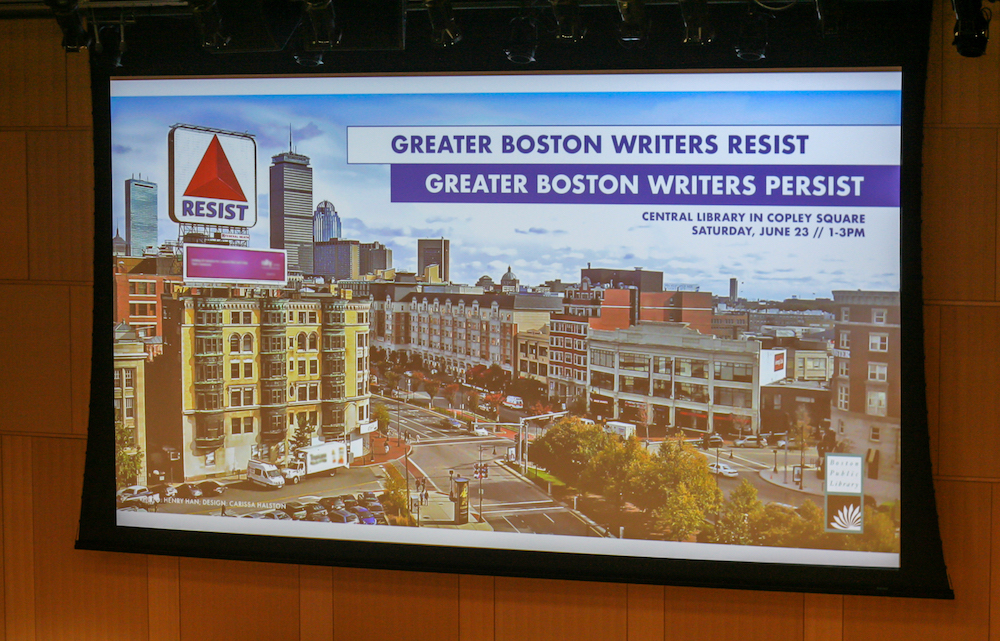
Our promotional image. Photo by Henry Han. Design and photo manipulation by Carissa Halston.
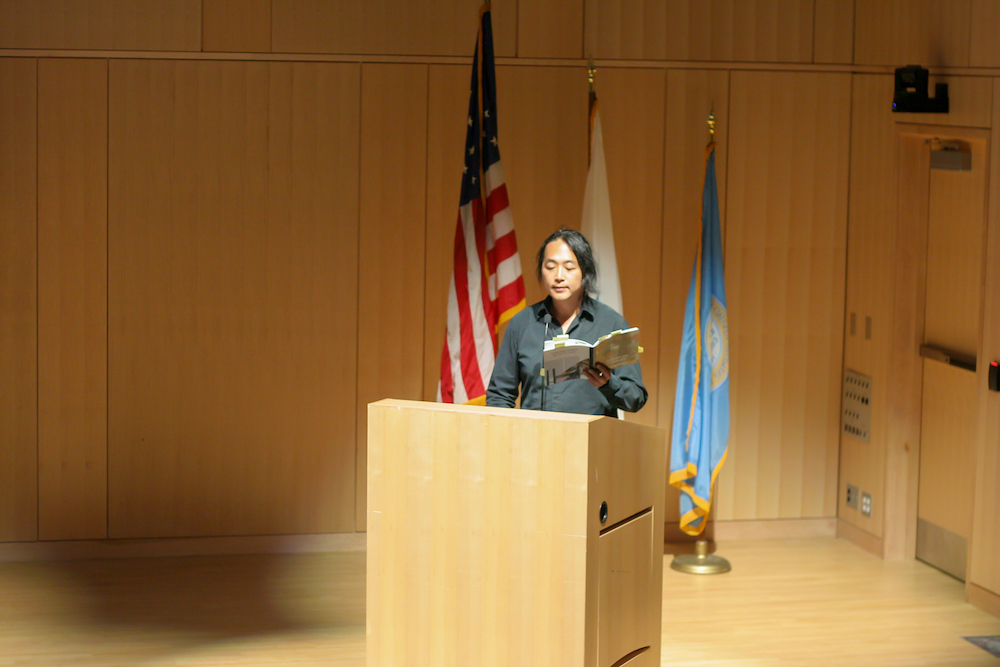
Sam Cha reads a scene from AMERICAN CARNAGE, about Seung-Hui Cho, Eric Harris, and Dylan Klebold.
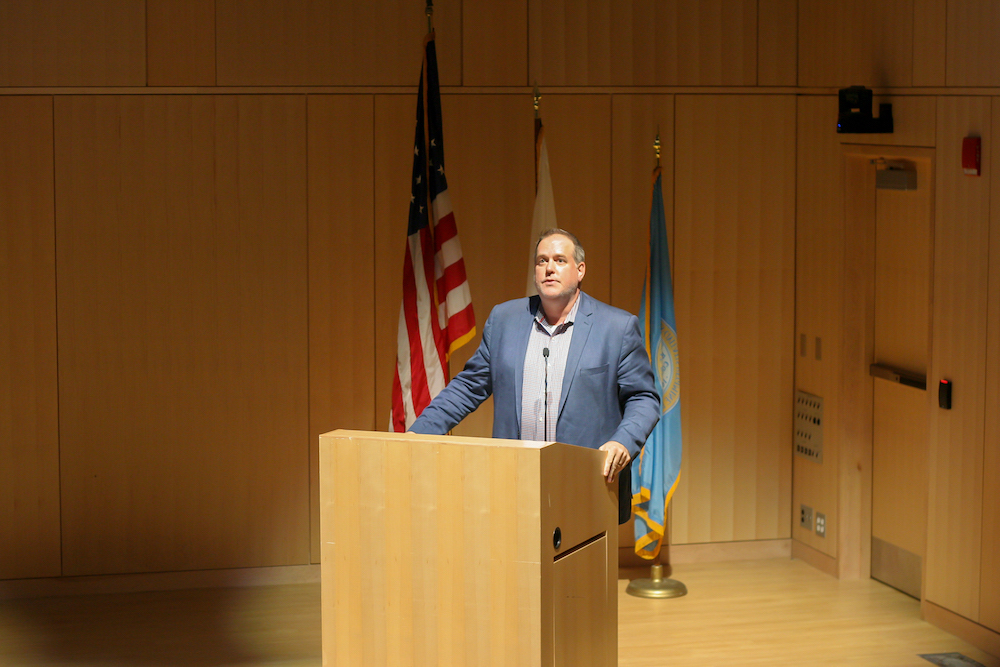
Timothy Patrick McCarthy reads a letter to his niece, Malia, the final chapter from his forthcoming book, STONEWALL’S CHILDREN: LIVING QUEER HISTORY IN THE AGE OF LIBERATION, LOSS, AND LOVE.
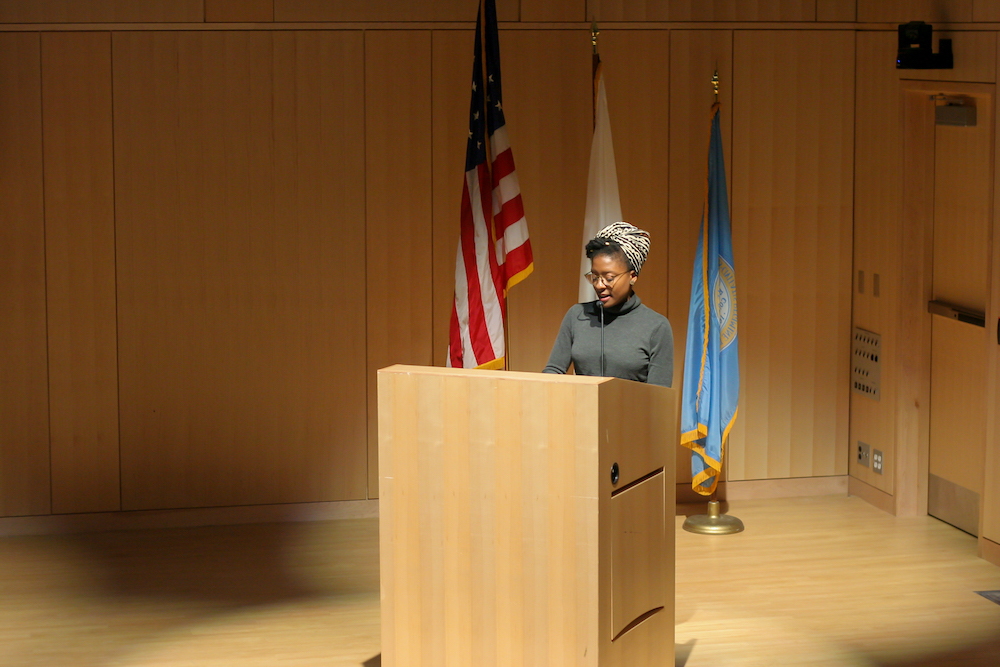
Simone John reads poems from TESTIFY about police brutality and anti-black racism, and reminds us that persistence is necessary for resistance.
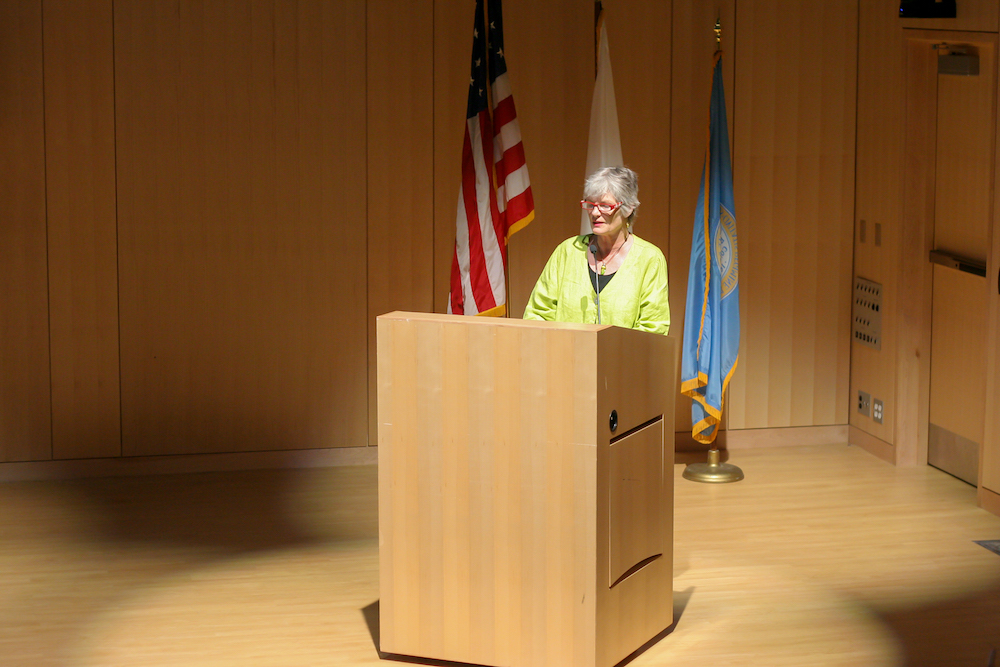
JoeAnn Hart reads from her novel, FLOAT, and gives an overview of what’s at stake when it comes to climate change.
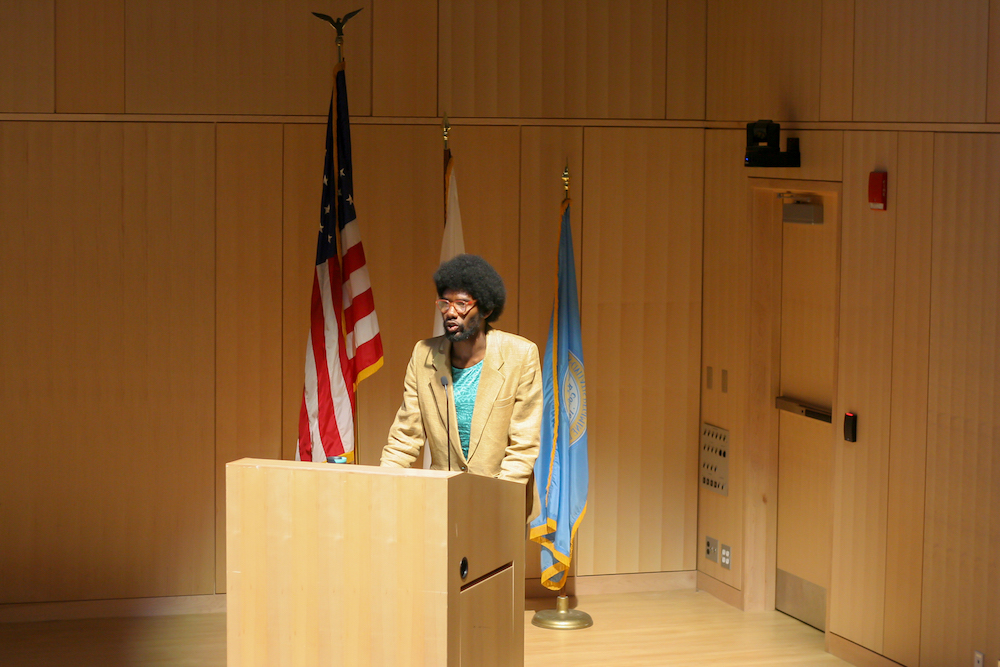
Khury Petersen-Smith reads an essay about his time in Okinawa, and how our communities can’t be kept safe through increased border security.
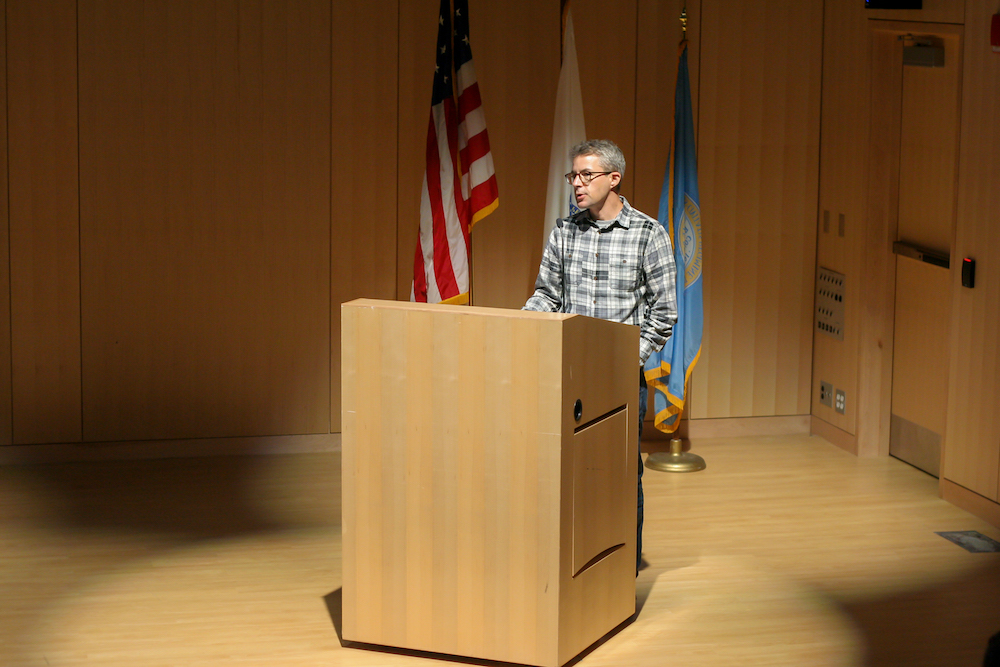
Alex Myers talks about gender, language, and identity, and reads from his novel, REVOLUTIONARY.
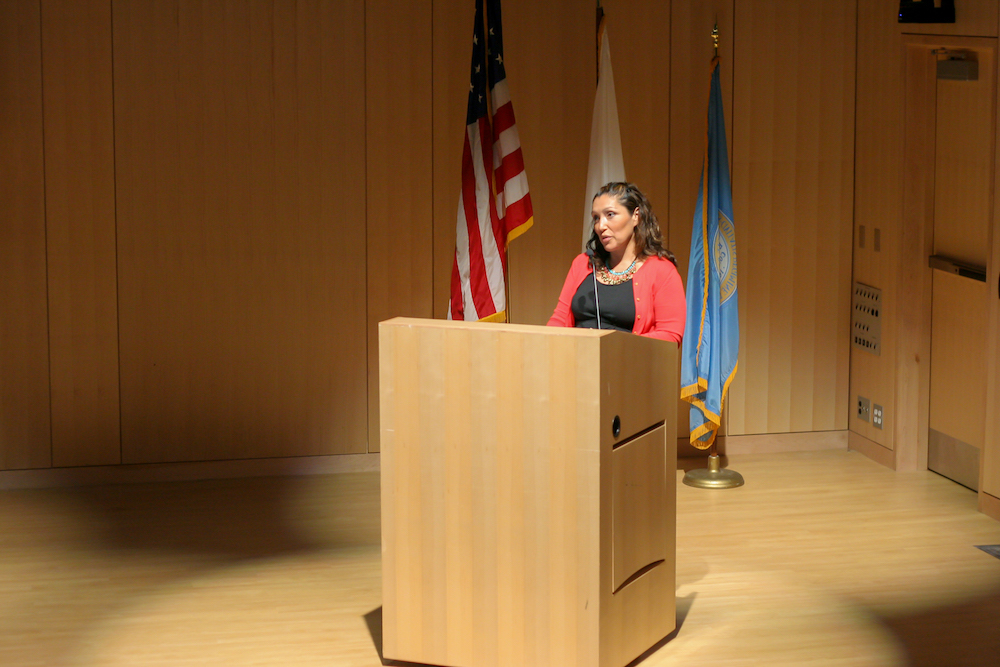
Jennifer De Leon discusses immigration, and reads from her forthcoming novel, DON’T ASK ME WHERE I’M FROM.
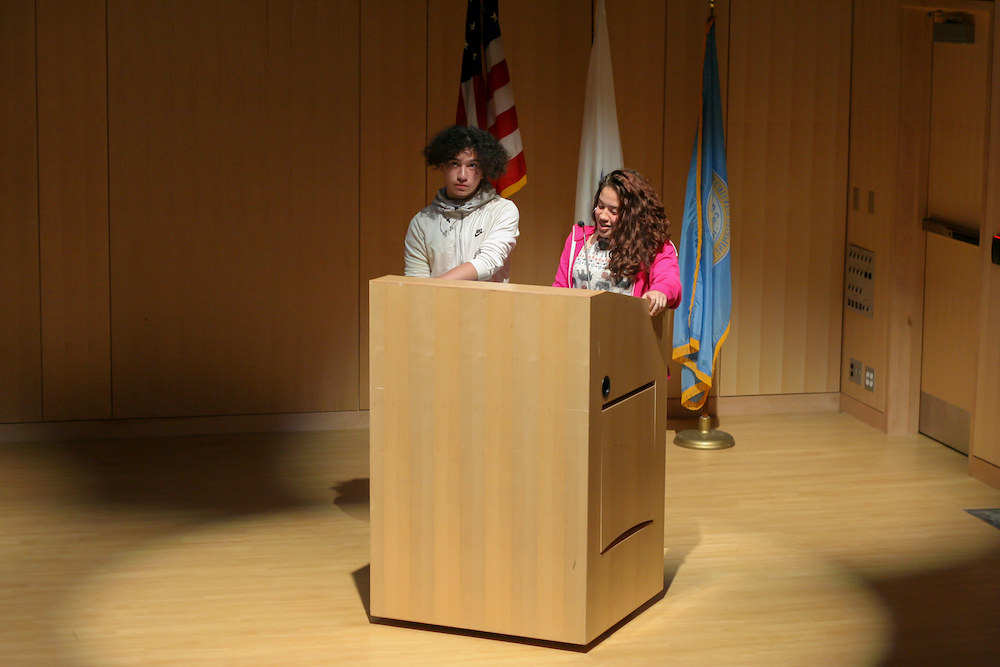
Edwin Padilla (left) and Alondra Padilla (right), not related, talk about their experiences studying writing with Jennifer De Leon at Margarita Muñiz Academy, and present their video, “American Dreamers Write: Reclaiming Our Stories.”
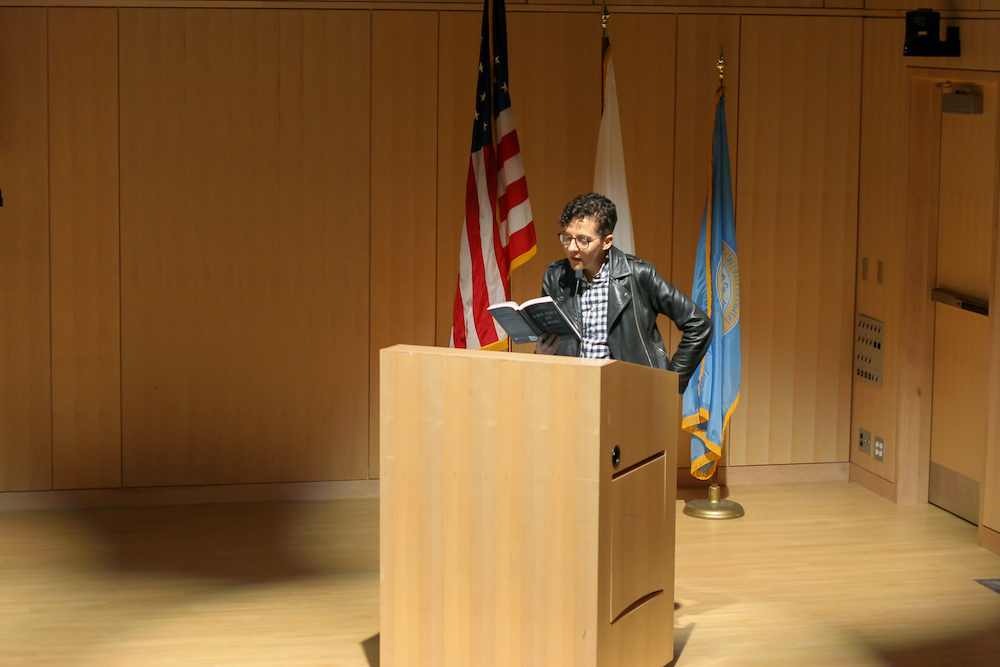
Alexandria Marzano-Lesnevich reads from her memoir, THE FACT OF A BODY: A MURDER AND A MEMOIR, and discusses being gay, the #MeToo movement, and writing about trauma. Perhaps most important, she urges us, “Don’t shut up.”
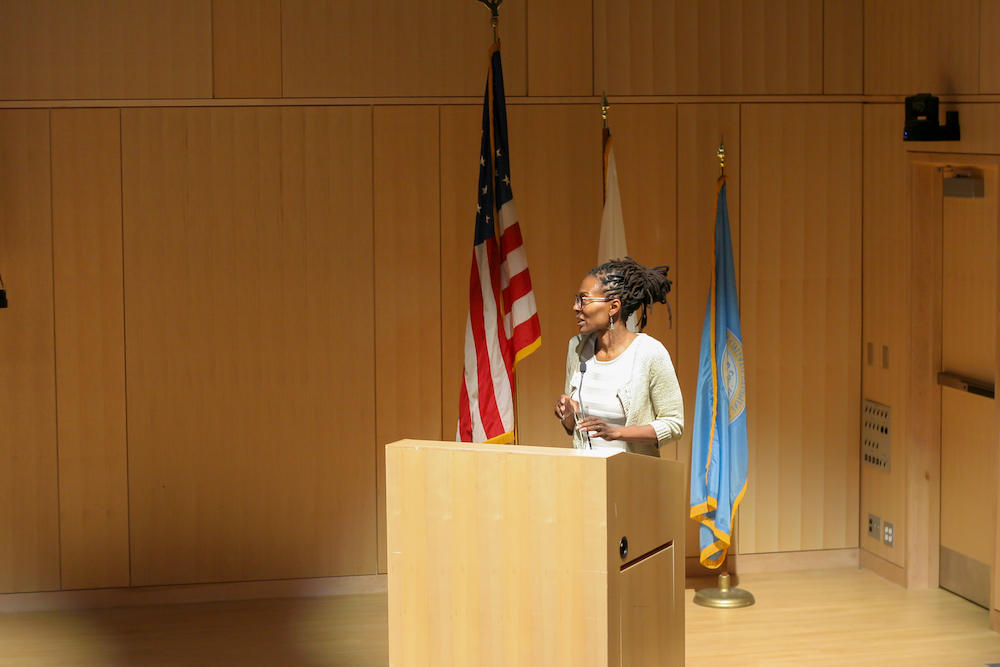
Kim McLarin encourages us to reclaim the flag, and reads about self-delusion and death from two essays in her forthcoming collection WOMANISH: A GROWN BLACK WOMAN SPEAKS ON LOVE AND LIFE.
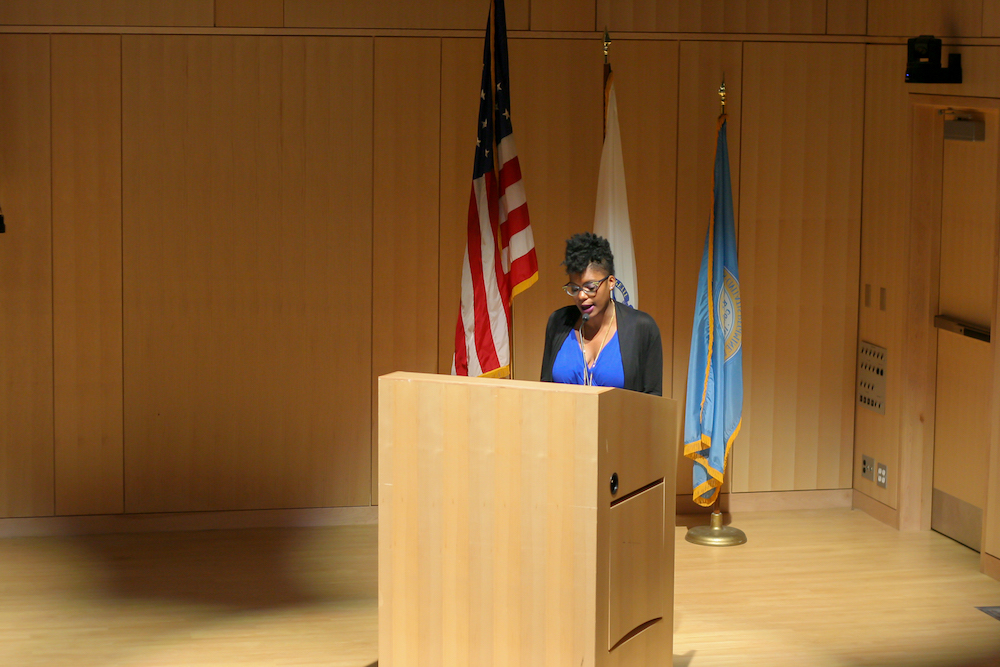
Krysten Hill reads poems about working-class life, surviving assault, and cultivating growth.
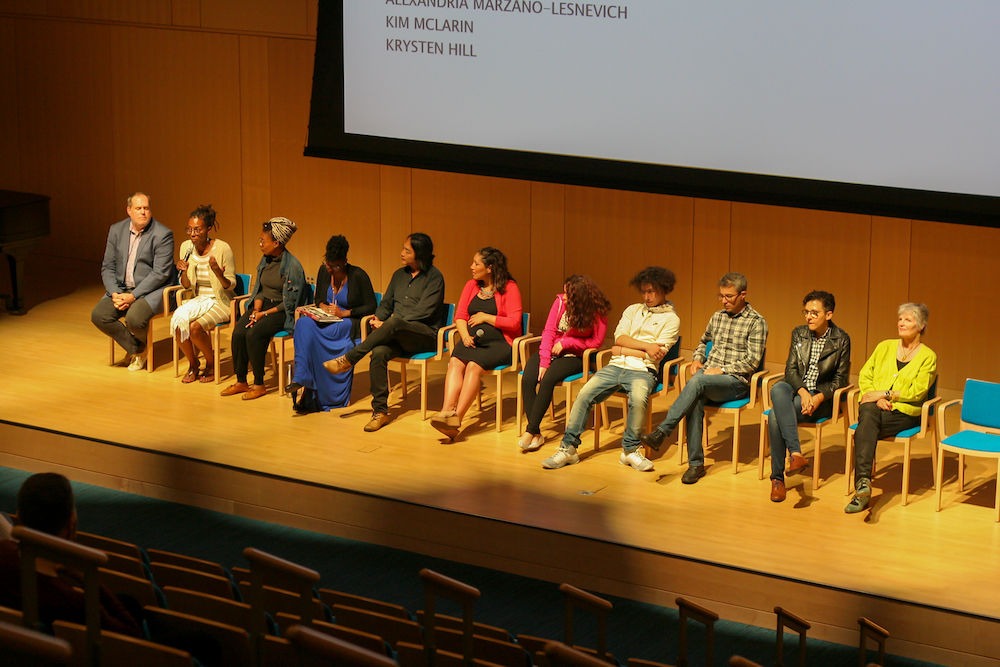
Kim McLarin discusses teaching and writing during the Q&A. (Left to right: Timothy Patrick McCarthy, Kim McLarin, Simone John, Krysten Hill, Sam Cha, Jennifer De Leon, Alondra Padilla, Edwin Padilla, Alex Myers, Alexandria Marzano-Lesnevich, and JoeAnn Hart.)

